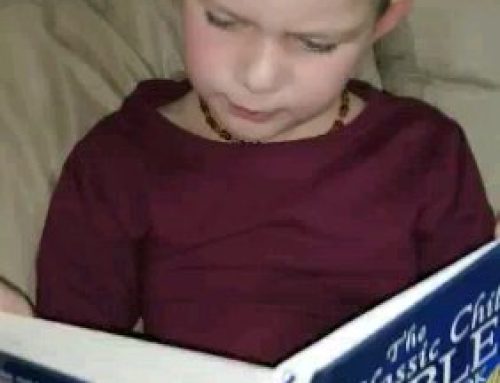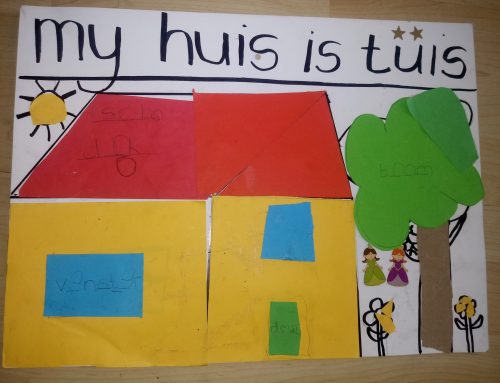You’re old enough to vote, drive, go to pubs, stay out late and do as you please. Ahh, those heady days of freedom! So, you’ve finished school now. Congratulations! 12 years of slog and hard work are behind you, but the daunting days of tertiary education lie ahead.
What do you do now? There are several scenarios:
Are you studying away from home, or home based? Are you attending lectures, learning online or through correspondence? Whatever your choices, you’re pretty much a free agent since your parents are now (hopefully) starting to let go.
Whatever it is you choose to study, make sure you do the most important thing first: plan your academic life well. To do this you must manage your time carefully. Use a diary. Or, since most of us have smart phones, use the daily, weekly, and monthly planners in your diary apps to do this. Schedule the important things first, like academics, but don’t forget things like time to eat, do sports, and socialise. Also, consider unexpected events. Those things that suddenly come up, like getting locked inside or outside, or misplacing your car keys, to use extreme examples. To do this you must ensure you can also be flexible to make up the time lost because of an unscheduled event.
If you’re attending classes physically or online, chances are that your timetable will be set for you. You’ll know when lectures will take place. Keep in mind, though, that life for everyone else is also happening. If you’re going to lecture, you’ll need to find parking, so you’ll need to leave earlier. How far is the venue from where you’ve parked? Factor these things in. It’ll take a week or two to get the feel of where and when it all happens so you may have to tweak your plans.
Be disciplined. Discipline is an interesting word. Today we see it as something to do with reward and punishment. But it comes from the Latin word desculpe, which means ‘I am responsible’ or ‘I am guilty’ (hence the word ‘culpable’). A disciple then, is someone tasked with certain responsibilities. (See why Jesus’ people were called desciples?) During school days, we knew when we would have lessons and playtime; even in home-schooling, our days were pretty much set up for us. Now that we’re being unleashed, the temptation to go wild will be great. It’s a cliché but do the responsible thing. Be responsible. You may, for example, have a test to write or an assignment due. But you’ve also been invited to a party at the same time? If you plan properly, you could do both. Planning is being responsible. But if you don’t plan properly, you’re left with the choice of ignoring the deadline or ‘blowing off’ your friends. Do you go to the party and leave early? That could work. Or do you just stay in and finish the assignment? That could work too. Or do you just ignore the assignment completely?
Go for balance. The Chinese use Yin and Yang. In the Bible, Saint Paul used the phrase, “everything in moderation.” You don’t want too much entertainment time to offset too little academic time. You’ve been entrusted with driving a car, maybe you’re allowed to drink, you can even vote — don’t break the trust by wasting money meant for your academics on frivolous and irresponsible behaviour. As tempting as it is to go out to the pub or stay out late, it’s important to get the academic work done first. Put in the hard graft and the rewards will come later.
Don’t waste time. Time is precious because you only have a finite amount of it.
These are such obvious lessons. But surprisingly we tend to ignore them.
Wisdom shouldn’t be ignored, because wisdom is born from experience. And experience comes from making mistakes.
In the past, some people made disparaging remarks about studying through correspondence at places like Unisa. But some employees see this as a very positive thing. It creates confidence for them in you. Why? Because it usually means that such student had a job and studied in their spare time. This is seen as being responsible and so the prospective employee will therefore be good for the company. In any case, doing home-school is very much like studying through correspondence, so this will be something you’re familiar with. Just make sure you plan your time well. The same can be said about online lessons.
There is a certain discipline (there’s that word again!) required with learning, and it is something you already have since you’ve been doing home-school. Don’t let that skill go to waste.
Choose wisely and carefully what you wish to do with your life. From an early age, some people know what they want to do with their lives. Others only know later in life. It’s okay to change your career choices. Just make sure you use the knowledge or skills you have learnt in some way. Again, this is wisdom.
Once you know what you want to do, do it with passion. The late Myles Munroe, a pastor, once said: “Passion is when you find something, not to live for, but to die for”. He said it was important to do something with passion. Recently, during the T20 Cricket World Cup, someone once remarked that the former Pakistan captain, is still playing cricket even though he doesn’t need the money. It’s because he plays with passion.
Munroe also went on to say that one needed to do everything in life with purpose. And this is how he defined purpose. “Purpose,” he said, “is when you find something not to die for – but to live for.” This all sounds good but won’t be useful unless we know what our purpose in life actually is. Make sure you know your purpose, because when you know your purpose, you will be able to do it with passion.
Depending on what you choose to do in life, your studies will take at least four years. But in life itself, lessons and studying are ongoing. This is how we develop, how we grow emotionally. Our school days will end soon, but our schooling in life never ends.







Leave A Comment